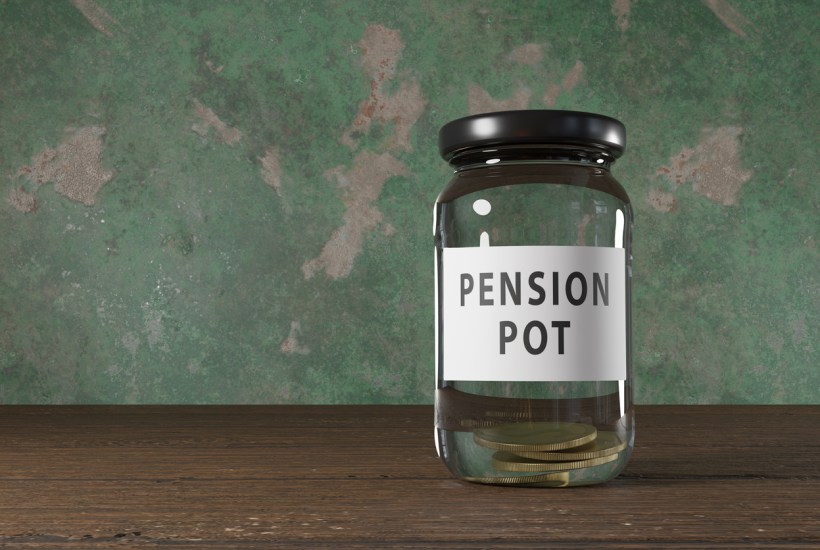Ten years ago, George Osborne blew up the British private pension system. Because pensions are boring and complicated and move slowly, a lot of people didn’t really notice. But the shrapnel from the blast continues to ricochet today and is starting to hit.
Chancellor Osborne’s Budget on 19 March 2014 contained the surprise announcement of ‘pension freedoms’.
Already a subscriber? Log in
Subscribe for just $2 a week
Try a month of The Spectator Australia absolutely free and without commitment. Not only that but – if you choose to continue – you’ll pay just $2 a week for your first year.
- Unlimited access to spectator.com.au and app
- The weekly edition on the Spectator Australia app
- Spectator podcasts and newsletters
- Full access to spectator.co.uk
Or




















Comments
Don't miss out
Join the conversation with other Spectator Australia readers. Subscribe to leave a comment.
SUBSCRIBEAlready a subscriber? Log in